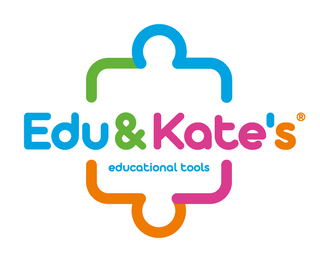What is Fine Motor Skills and why are they important
What are fine motor skills?
Fine motor skills refer to the coordination and control of small muscles in the hands and fingers. These skills enable us to perform precise movements and tasks, such as writing, buttoning a shirt, or using utensils. Fine motor skills involve the synchronization of muscles, joints, and the brain, allowing us to manipulate objects with dexterity and precision.
Why are fine motor skills important?
Fine motor skills play a crucial role in our daily lives, impacting various aspects of development and independence. Here are a few reasons why they are important:
- Academic Success: Developing fine motor skills is closely linked to academic success, particularly in early childhood. Proficient fine motor skills are essential for tasks like handwriting, drawing, and using scissors, which are fundamental in the learning process.
- Self-Care: Fine motor skills are necessary for performing self-care activities, such as dressing, grooming, and feeding oneself. These skills promote independence and foster a sense of accomplishment.
- Hand-Eye Coordination: Fine motor skills enhance hand-eye coordination, allowing us to perform tasks that require precise visual guidance and manual control. This coordination is vital for activities like playing sports, playing musical instruments, and typing on a keyboard.
- Problem-Solving: Developing fine motor skills helps improve cognitive abilities, including problem-solving and critical thinking. Manipulating objects and engaging in hands-on activities stimulate brain development and enhance cognitive functions.
The Role of Therapy and Educational Toys
Therapy and educational toys play a significant role in the development of fine motor skills. Occupational therapists, educators, and parents often utilize these tools to facilitate and enhance the growth of these skills in children. Here's why:
- Targeted Practice: Therapy sessions and educational toys provide targeted practice for specific fine motor skills. These activities are designed to engage and challenge children, promoting the development of hand strength, finger dexterity, and coordination.
- Sensory Stimulation: Many therapy and educational toys incorporate sensory elements, such as different textures, colors, and sounds. These sensory experiences enhance the development of fine motor skills by engaging multiple senses and stimulating neural pathways.
- Progressive Challenges: Therapy and educational toys often offer a range of difficulty levels, allowing children to progress at their own pace. Gradually increasing the complexity of tasks helps build confidence, perseverance, and fine motor skills.
- Engaging and Fun: By incorporating play and fun into the learning process, therapy and educational toys encourage children to actively participate and practice their fine motor skills. This approach fosters motivation, engagement, and a positive attitude towards skill development.
In conclusion, fine motor skills are essential for various aspects of development, from academic success to daily activities and problem-solving. Therapy and educational toys provide valuable support in nurturing and enhancing these skills, enabling children to reach their full potential. By understanding the importance of fine motor skills and providing the necessary resources, we can empower children to develop the coordination and control they need for a successful future.

